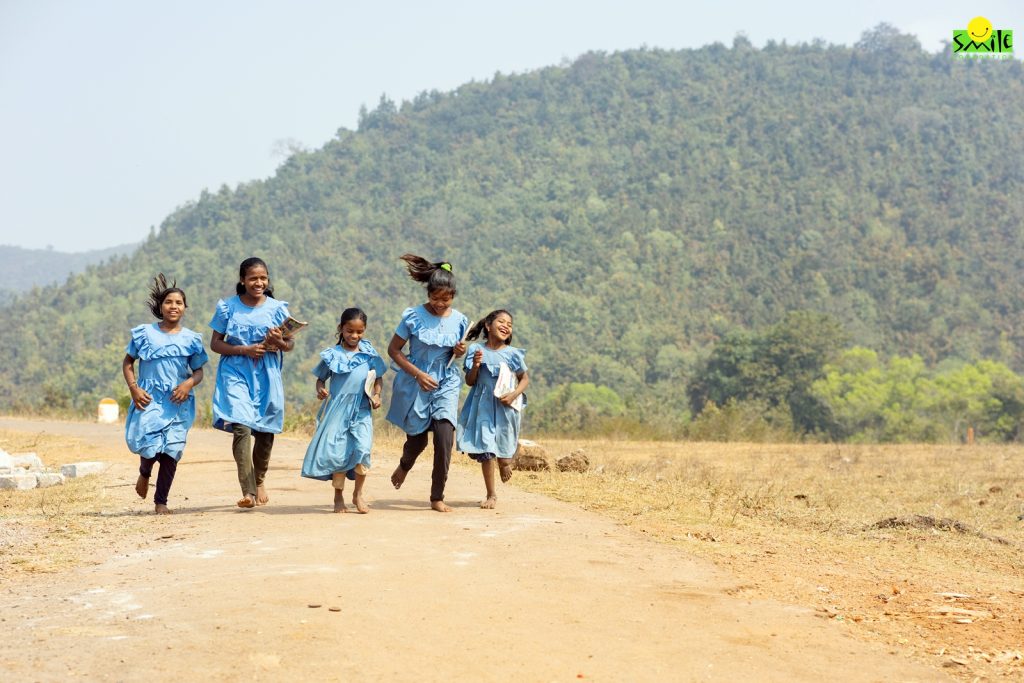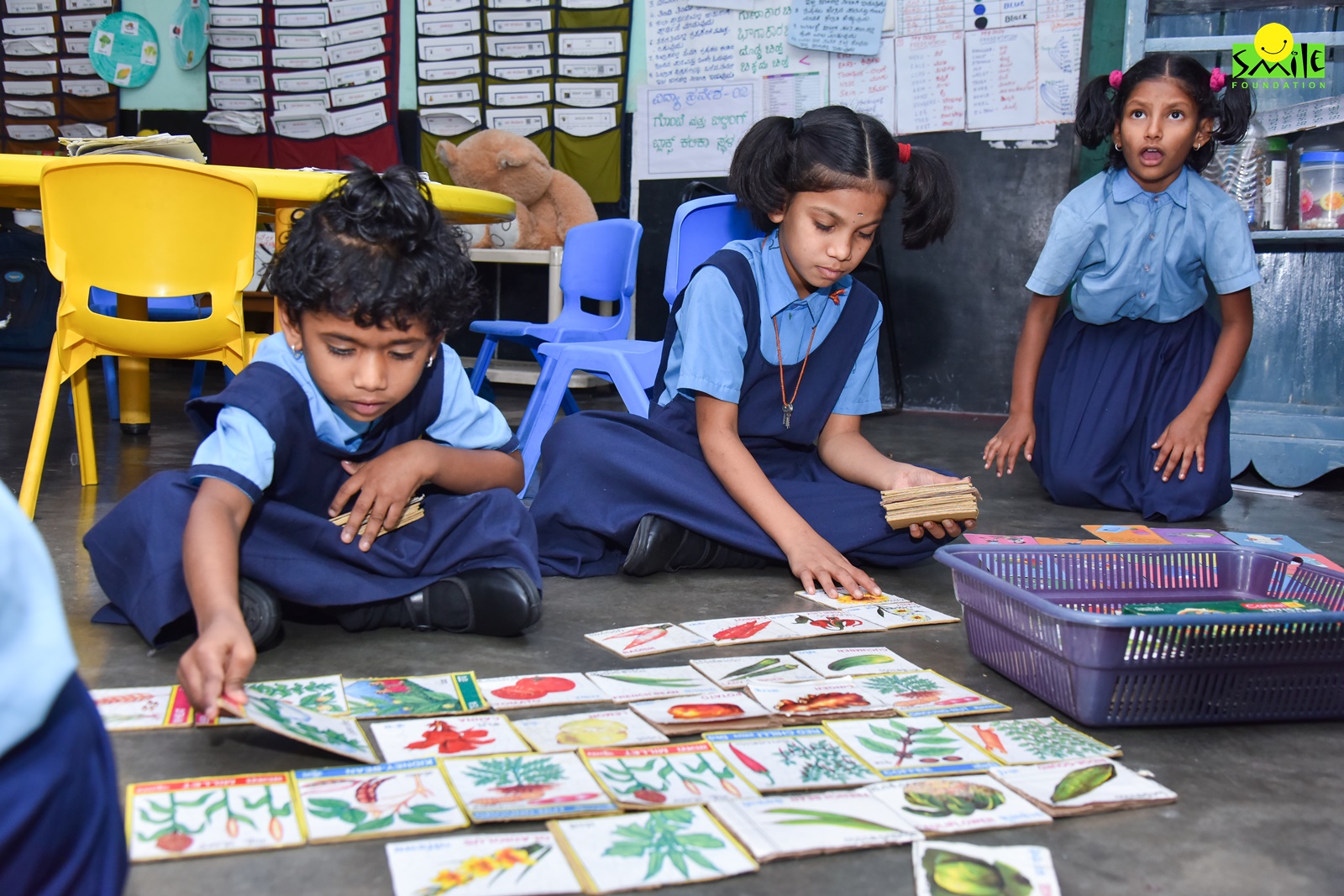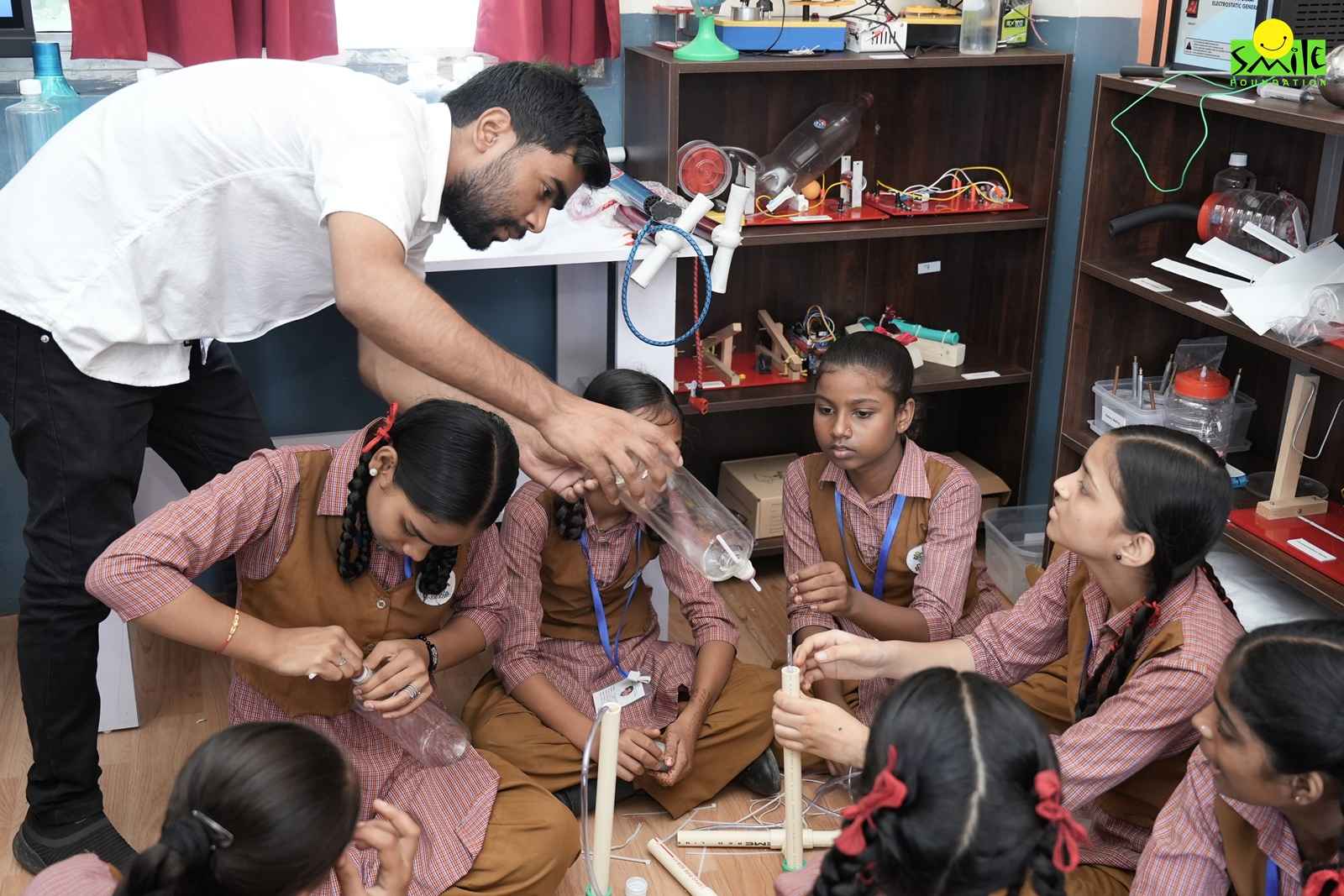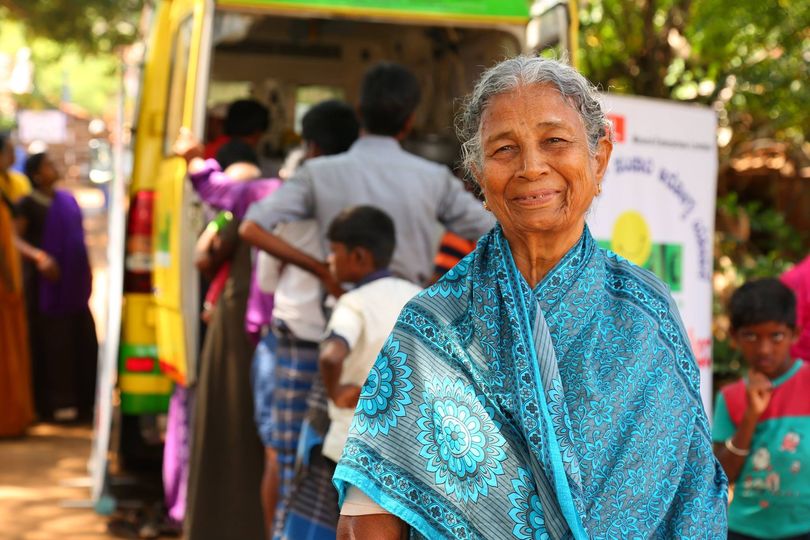In the world of children, boundless energy is a cherished asset. It’s the enthusiasm that fuels play, exploration, and learning. And what better way to harness this energy than through the age-old practice of running? From ancient civilizations to modern-day schools, running has been a foundational activity that enriches children’s lives in numerous ways.
A Universal Pursuit
The tradition of running is as old as humanity itself. In ancient Greece, the birthplace of the Olympics, running was not just a sport but a way of life. Young Athenian boys, known as “ephebes,” embarked on long runs to foster physical fitness and mental endurance. These runs, called “dromos,” were essential in molding the citizens of tomorrow. Fast forward to the indigenous cultures of North America, where running played a central role in hunting and survival, imparting vital skills and camaraderie among young members.
The Many Benefits of Running
Running isn’t only a physical endeavor, it’s a potent catalyst for cognitive and emotional development. As children engage in the rhythmic motion of running, their brains receive a surge of oxygen-rich blood, nurturing cognitive functions such as memory, concentration, and problem-solving. This influx of oxygen also has profound effects on emotional well-being. Running serves as a natural mood enhancer, releasing endorphins that combat stress and anxiety. It provides children with an emotional outlet, a moment of solitude, and an opportunity to process their feelings. This holistic approach to mental health fosters resilience, emotional intelligence, and a positive mindset.
Running stands as the ultimate comprehensive workout for children, engaging muscles, fostering endurance, and bolstering cardiovascular health. Through regular running, children sculpt robust immune systems, fortifying their defenses against illnesses. Furthermore, it promotes healthy body weight, a critical factor in mitigating the risk of childhood obesity— an issue of mounting concern globally. Thus, running becomes not just a sprint toward physical fitness but a marathon toward a healthier, happier life.
Building Self-esteem and Reaching Their Destinations
Running is also a crucible in which vital life skills are forged. It imparts lessons in perseverance, goal-setting, and the art of pushing one’s boundaries. In the pursuit of running, children learn about the art of both winning gracefully and losing with dignity, nurturing qualities like self-confidence and resilience that will serve them throughout their lifetimes.
Moreover, running often occurs in social contexts— whether on the school track, during team sports, or in community fun runs. These group activities provide fertile ground for children to cultivate friendships, hone their social skills, and develop attributes such as teamwork, communication, and empathy. It is on the running track that lifelong bonds are formed.
Incorporating running into a child’s daily life enriches every facet of their development. It’s a practice that transcends the boundaries of time, culture, and generations. By lacing up their running shoes, children embark on a journey of self-discovery, enhanced physical health, and enriched learning experiences. As they sprint toward their dreams, they lay the foundation for a brighter future.
In this future, they are physically fit, mentally agile, emotionally resilient, and socially adept— qualities that empower them to lead lives of fulfillment and achievement. Therefore, let the joy of running continue to mold the lives of our youngest generation, propelling them toward the limitless horizons of success, well-being, and emotional balance.









